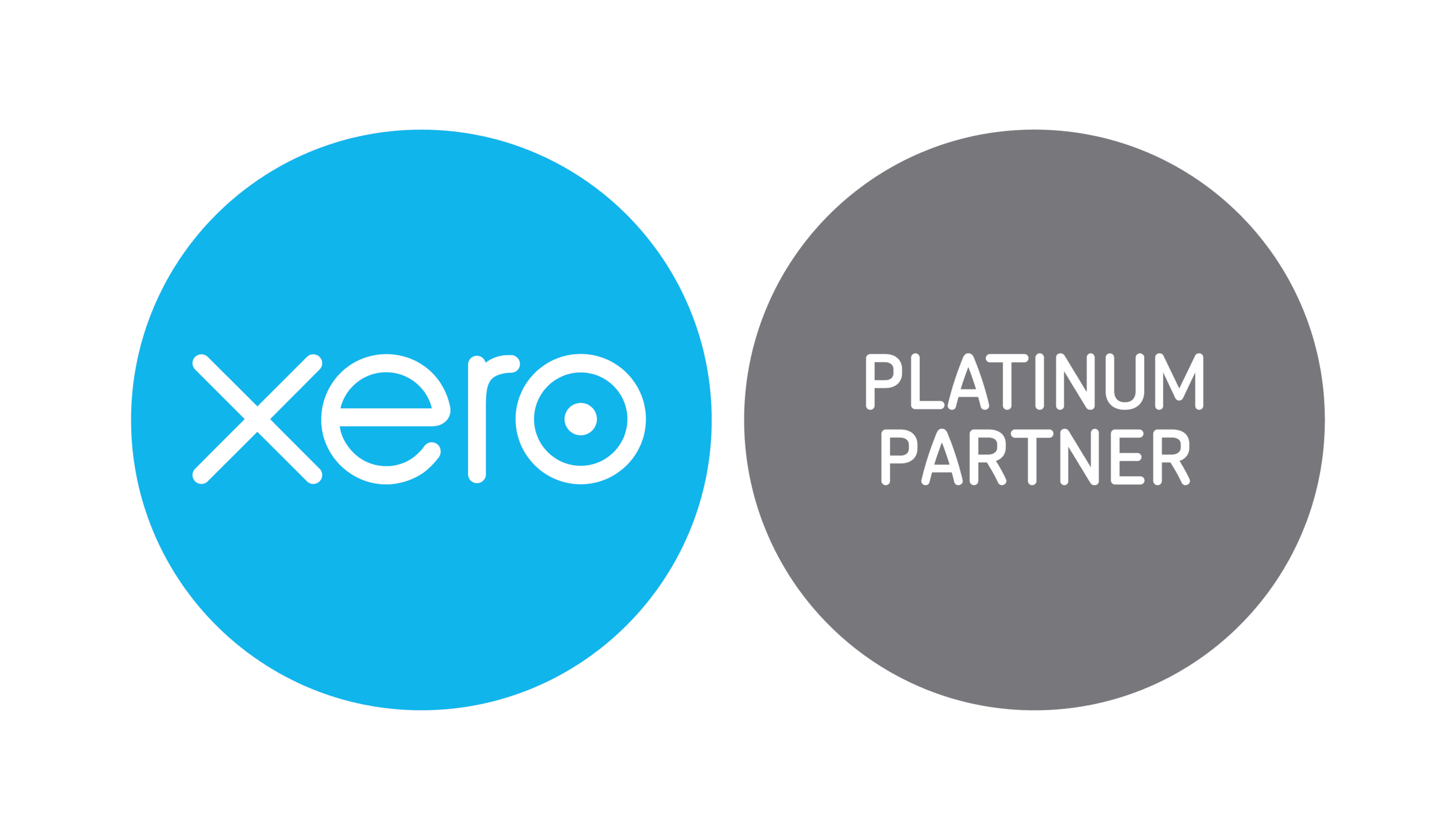Let's take a look
If you are liable for provisional tax and you don't pay, or you underpay or pay late then you may be liable for both penalties and use of money interest (UOMI).
Choosing to be a provisional tax payer
You may elect to become a provisional taxpayer. You will be eligible to do this if you have paid provisional tax of more than $5,000 and if you had the expectation on the date you made the first payment that you would be a provisional tax payer for that year.
If you pay provisional tax and subsequently find that you were not required to do so you may receive UOMI on your overpaid tax. In this case, UOMI will run from the day after the date of payment.
Late Payment Penalties:
Initial penalty
1% charged after due date, calculated on tax owing.
Subsequent penalty
4% charged at end of 7th day after due day, calculated on tax plus penalties owing.
Late payment penalties will only arise on unpaid provisional tax.
Use of Money Interest (UOMI):
In addition to penalties (UOMI) applies from the day after your first provisional tax payment is due, unless you are a safe harbour tax payer. At present the interest rate charged by Inland Revenue on unpaid tax is 7.0%.
You can limit your exposure to penalties and interest by way of the method you choose to pay provisional tax, as follows -
Standard Option:
Provisional taxpayers using the standard uplift method will not be liable for UOMI on the first two provisional tax instalments. Interest will be payable on any total shortfall of provisional tax calculated from the third instalment date. As the third instalment falls after the end of the income year, if the tax liability can be calculated accurately, the correct amount of provisional tax can be paid at instalment reducing the exposure to UOMI.
Safe Harbour and GST Ratio Option:
A taxpayer who -
- uses the standard method for determining his or her RIT for the current year
- has RIT for the current year which is less than $60,000
- has not, during the tax year, held a certificate of exemption from resident withholding tax
AIM & UOMI:
If your business uses the AIM method to calculate and pay provisional tax you should no longer have terminal tax liabilities (as tax payments will be made in near real-time and are based on actual results). Any shortfall should be identified and to make sure it is paid by the final instalment where the adjustments are easy to calculate.
Voluntary payments of provisional tax:
Voluntary payments may earn interest, it is typically at a lower rate than interest rates offered by commercial banks. From 8 May 2020, Inland Revenue's current UOMI overpayment rate is 0.0%.
By making voluntary payments, this will help reduce UOMI charges on any tax shortfall. If you are a safe harbour taxpayer, you can avoid making an estimation and avoid liability on UOMI.
Early payment for new to small businesses
If you have a new business, you are not required to pay provisional tax until the income year in which your RIT first exceeds $5,000. This means that you effectively have two years worth of tax to pay in the year you are first required to pay provisional tax.
If you are self-employed or a partner in a partnership yu may be entitled to a discount of 6.7% of the income tax on business income received before the year in which you are first due to pay provisional tax.
Tax pooling
Tax pooling is a way to finance or defer upcoming provisional tax payments to a later date without incurring late payment penalties or UOMI.
To find out more, contact us to find out further information





